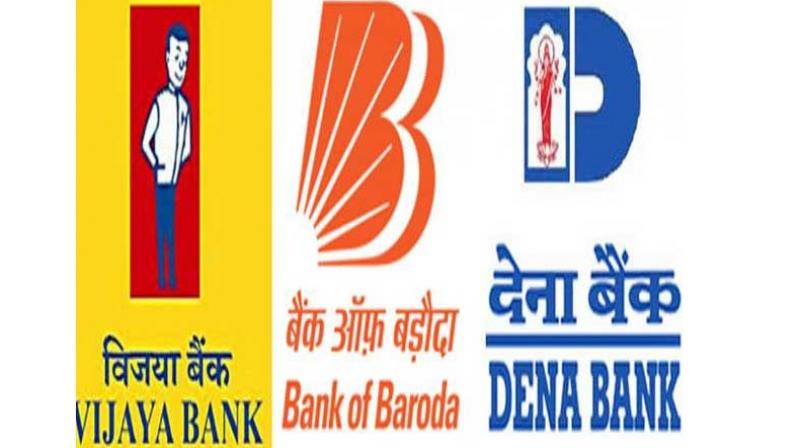Mergers no answer, kickstart investment

Two figures released this week, namely GDP growth slipping to a six-year low at five per cent against 5.8 per cent in the last quarter and 10 public sector banks merging to form four big banks shows the government has lost its grip on the economy. It must come as a surprise to Union finance minister Nirmala Sitharaman that the slew of measures she announced has not reversed the slowdown which seems to be the hallmark of the Narendra Modi years.
In the case of the PSU (public sector undertaking) banks, mergers are not the answer to problems that besiege them. What is required is for banks to be freed from the stranglehold of the government which is the largest shareholder. PSUs are burdened with funding the give-aways and sops announced by the government. For instance, banks handled over Rs 1 lakh crore that came in under the Prime Minister’s Jan Dhan Yojana and the government has yet to compensate the banks for this job. Another reform needed is accountability. For instance, banks are saddled with non-performing assets of around Rs 8.08 lakh crores and this is the hard-earned money of the people that has been frittered away. Large corporates account for the bulk of the NPAs. Bank frauds account for Rs 71,542 crores, an increase of 73.8 per cent over the previous year’s Rs 41,167 crores. The fact that most of the frauds related to advances shows that either due diligence was not done by the bank officials concerned or that they were complicit with borrowers in cheating the bank. Either way there should be accountability. But how many such offenders have been taken to task? The high-profile case involving the Punjab National Bank is of a one-off kind in recent times, involving high-flying individuals.
However, of equal if not greater concern is the steep fall in growth of the economy which translates into millions of job losses. World Bank figures indicate that, for every one per cent rise in GDP, 7,50,000 lakh jobs are created; so at seven per cent GDP growth 5.25 million jobs should be created.
With the unemployment rate at a 45-year high, consumer demand which fuels the economy is lacking. New investments too are at an ebb as the private sector has a backlog of inventories and is reluctant to go in for new projects. The debate on whether the slowdown is cyclical or structural is semantics best left to economists.
The crying need in the short term is for government to kick-start investment and undertake infrastructure projects on a large scale and create employment. It also needs to give a major push to the National Rural Employment Guarantee Scheme particularly in rural India. It will serve a dual purpose of providing employment that will reduce rural distress whilst creating rural infrastructure.
In the long term, the government which has a large mandate from the people should undertake land and labour reforms. This will give a further push to ease of doing business, so necessary to attract investment, both in domestic and global terms.

